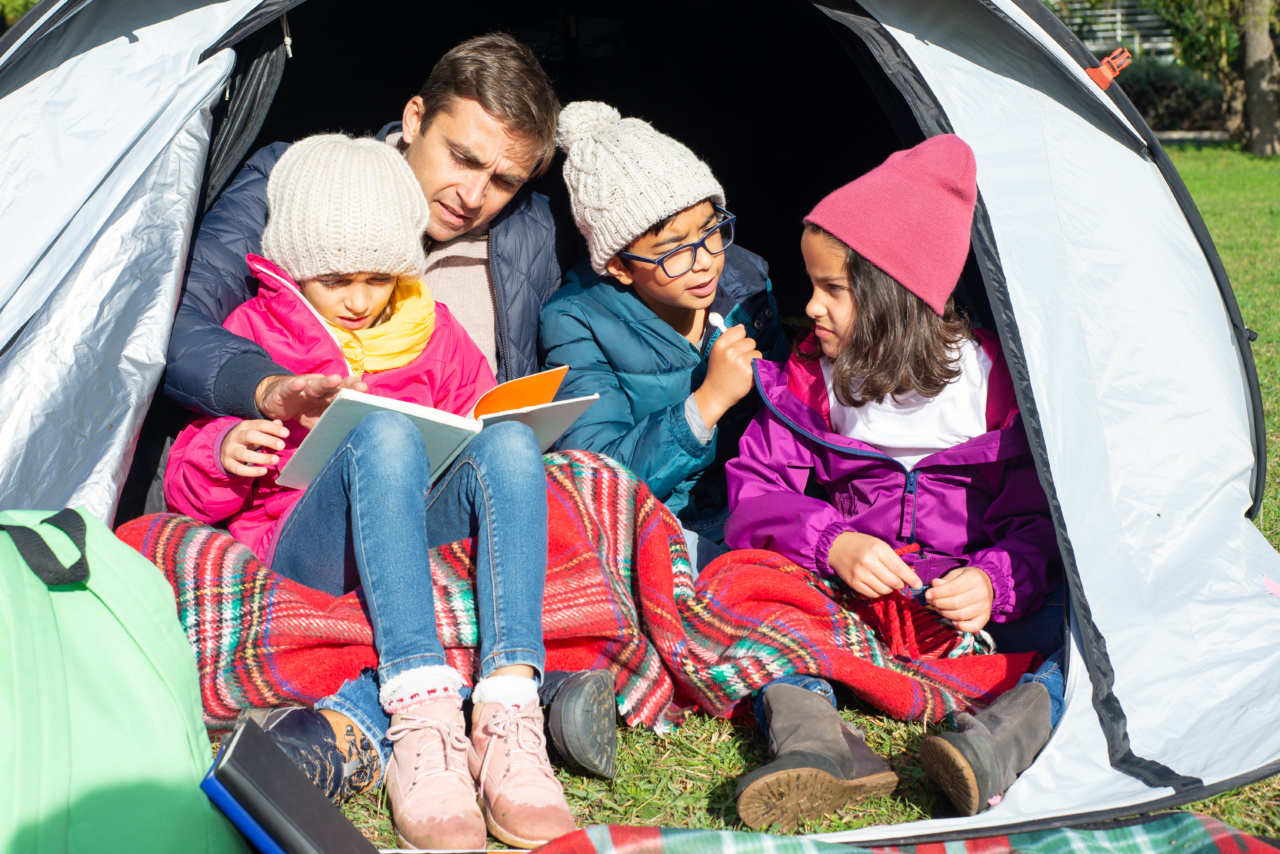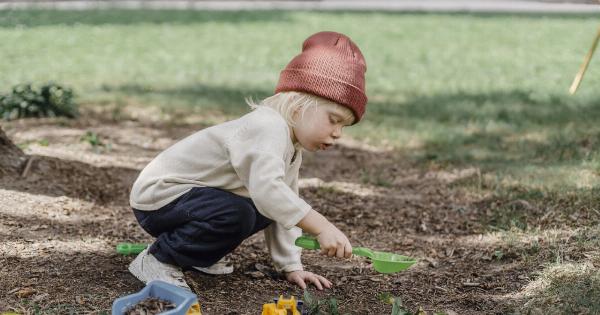As our society becomes increasingly reliant on technology, children are spending more time indoors engaging with digital screens and less time exploring the natural world.
This shift has raised concerns about the impact on children’s learning and overall well-being. However, research suggests that spending time in nature can have significant benefits for children’s cognitive, emotional, and social development. In this article, we will explore how being in nature can boost kids’ learning.
1. Enhanced Cognitive Abilities
Nature provides a rich sensory environment that stimulates children’s cognitive abilities. Outdoor play encourages problem-solving, critical thinking, and creativity as children engage with natural elements such as rocks, trees, and water bodies.
Research has shown that exposure to natural environments can improve children’s attention span, memory, and overall academic performance.
2. Increased Physical Activity
Spending time in nature promotes physical activity, which is crucial for children’s healthy development.
Unlike indoor environments, nature offers opportunities for unstructured play, encouraging children to run, jump, climb, and engage in various physical activities. Regular physical activity not only improves fitness and motor skills but also enhances concentration and cognitive function.
3. Stress Reduction
Nature has a calming effect on the human mind, and children are no exception. Exposure to natural environments can reduce stress, anxiety, and attention fatigue in children.
The sights, sounds, and smells of nature help children relax and rejuvenate, providing a natural remedy for the mental and emotional pressures they may experience in their daily lives.
4. Improved Social Skills
Outdoor play in nature encourages children to interact with one another, fostering the development of important social skills.
Whether it’s building forts together, sharing tools, or navigating natural obstacles, children learn to communicate, collaborate, negotiate, and resolve conflicts. These social interactions in nature help children develop strong interpersonal relationships and build empathy and cooperation skills.
5. Connection with the Environment
When children spend time in nature, they develop a deeper understanding and appreciation for the environment.
Exploring forests, observing wildlife, and participating in environmental conservation activities instill a sense of wonder and curiosity about the natural world. This connection with nature nurtures children’s environmental consciousness, leading to a greater likelihood of engaging in sustainable behaviors and becoming responsible stewards of the planet.
6. Enhanced Imagination and Creativity
Nature provides an open-ended play environment that stimulates children’s imagination and creativity. Unlike structured indoor environments, nature encourages children to create their own games, stories, and worlds.
The diverse sights, sounds, and textures of the natural world act as catalysts for imaginative play, enabling children to think outside the box and develop their creativity.
7. Better Problem-Solving Skills
Nature presents children with a multitude of challenges that require problem-solving skills. As they encounter uneven terrains, natural obstacles, and unpredictable elements, children develop resilience, adaptability, and problem-solving abilities.
Overcoming these challenges in nature fosters a sense of accomplishment and self-confidence, equipping children with valuable skills that can be applied to various aspects of their lives.
8. Improved Emotional Well-being
Spending time in nature has been linked to improved emotional well-being in children. The tranquility and beauty of natural surroundings can help reduce feelings of sadness, anger, and frustration.
Nature also provides a safe space where children can freely express their emotions, contributing to their overall emotional intelligence and self-regulation.
9. Environmental Education
Nature serves as an exceptional classroom for environmental education. By exploring natural habitats, children develop an understanding of ecological processes, biodiversity, and sustainable practices.
Gardens, parks, and nature reserves offer interactive learning experiences, enabling children to witness firsthand the interconnectedness of living organisms and the impact of human actions on the environment.
10. Healthy Habits and Appreciation for Nature
Regular exposure to nature during childhood can influence lifelong habits and values. Children who spend time in nature are more likely to engage in physical activities, eat a balanced diet, and prioritize their well-being.
Additionally, their positive experiences in nature create lasting memories and a lifelong appreciation for the natural world, motivating them to protect and conserve it.
In Conclusion
Allowing children to connect with nature can have profound impacts on their learning, well-being, and overall development.
Whether it’s through unstructured play, organized outdoor activities, or environmental education programs, it is essential for parents, educators, and policymakers to prioritize and promote children’s access to nature. By fostering a deeper relationship with the natural world, we can enhance children’s learning experiences and contribute to the creation of a healthier and more sustainable future.































